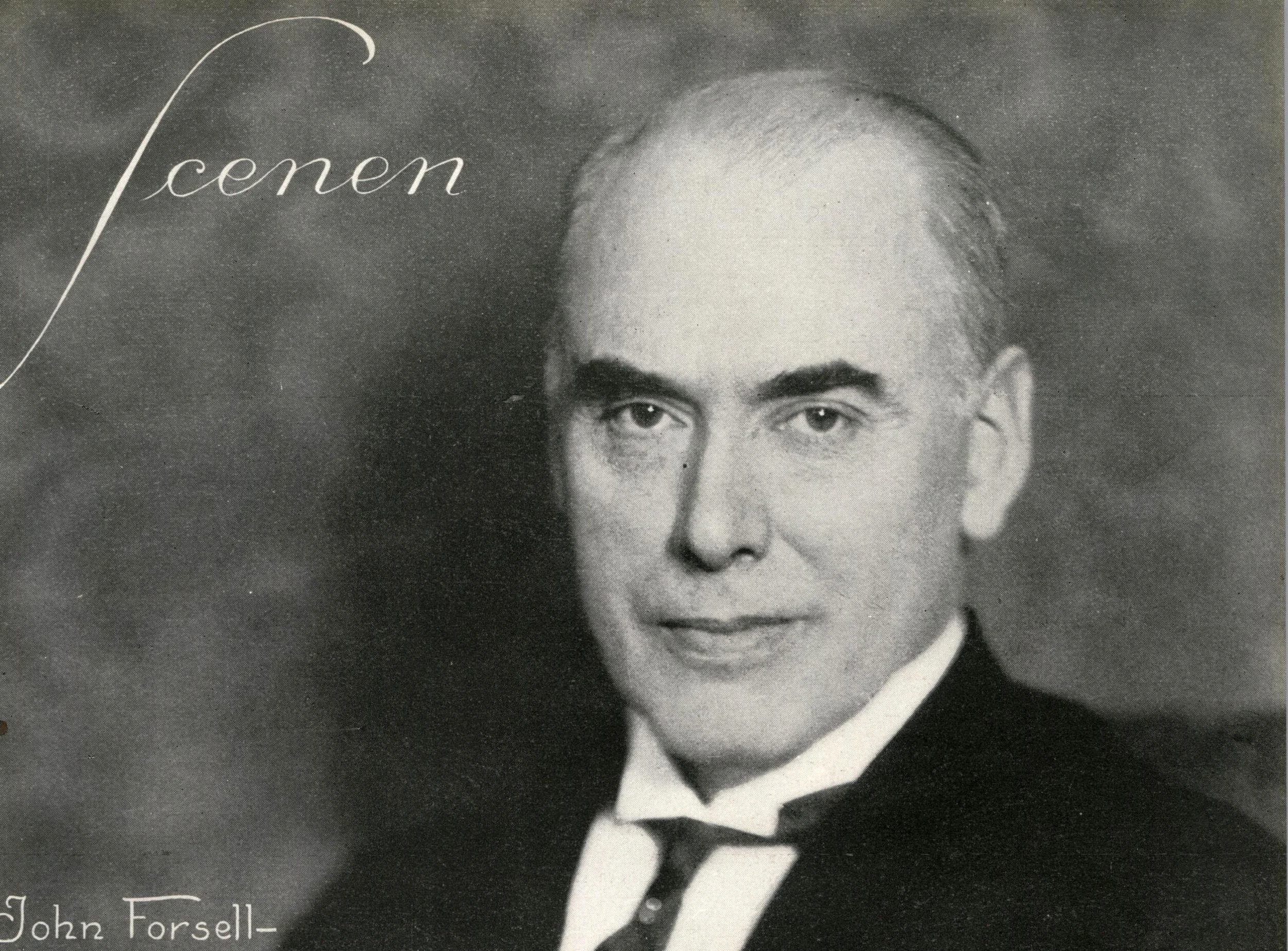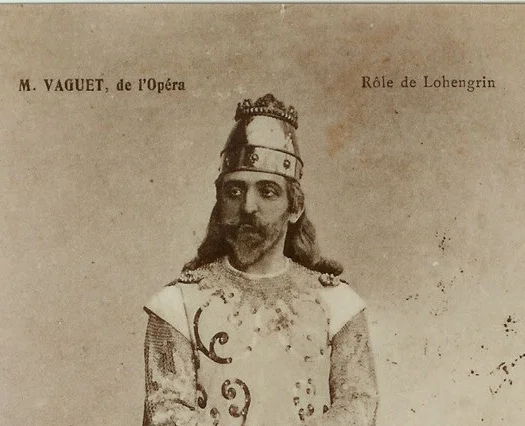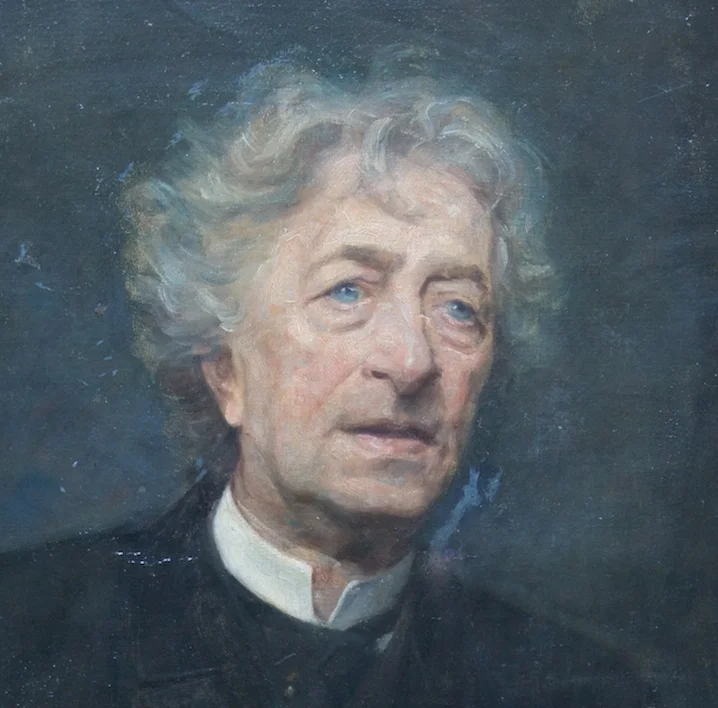Crivelli: Calmati pria ch’io parta
Nicholas Simpson and Will Crutchfield
Domenico Crivelli (1793-1857) was a tenor, composer, teacher and writer based for most of his career in London. He was part of a notable musical clan from Brescia: his father Gaetano (1768-1836) sang throughout Europe in operas of all the important pre-Rossinan composers in a career that lasted to an 1831 La Scala farewell in Meyerbeer’s Il crociato in Egitto. Another of Gaetano’s sons, Enrico (1820-1870), was a leading baritone on the same stage in roles of Donizetti, Bellini and Verdi.
Domenico learned his trade as a traveling apprentice to his father, but after one of their London sojourns he decided to settle there, and was appointed (along with Gaetano’s frequent colleague G.B. Velluti) to teach at the newly formed Royal College of Music. His vocal performances were mostly as a concert singer; he composed operas, cantatas, songs, and a highly successful Art of Singing that was reprinted for decades.
Crivelli depicted in the frontispiece to his “Art of Singing”
The text of our song is adapted from “L’addio,” the first item in the 1811 collection of Poesie Liriche by Gaspare Mollo (1754-1823), a Neapolitan magistrate and sometime poet who was known for his ability as an improviser. Crivelli selected four of Mollo’s fourteen strophes, re-ordered them, and changed the opening line. (It was originally “Baciami pria ch’io parta,” and leading off with “kiss me” must have seemed too racy for the British domestic music market of the day.) We give Crivelli’s version here, rearranged into proper quatrains where his musical treatment occasionally scrambled the verse form:
Calmati pria ch’io parta,
E dammi un dolce addio;
Non piangere, ben mio,
Abbi di me pietà.
Addio, mio ben, rammenta
Che non è lungi il giorno
In cui farò ritorno
Per non partir mai più.
Se incontrerò fugace
Ruscel che porti l’onde
Verso le amiche sponde
Ove tu volgi il piè,
Invidierò la sorte
Di quel ruscel felice,
Dicendo: Al piè di Nice
Correr vorrei con te.
Calm yourself before I depart,
and give me a sweet farewell;
do not weep, beloved,
have pity on me!
Farewell, my love - remember
that day is not far off
in which I shall return
never to leave again.
If I should meet a stream
that carries its currents
towards the friendly shores
where your steps turn,
I shall envy the fate
of that happy stream,
saying: To the feet of Nice
I wish to run with you!





![Image 2 - Henry T. [Harry] Burleigh - Detroit Public Library.jpeg](https://images.squarespace-cdn.com/content/v1/596bb4e703596e837b624445/1591713684327-N7HW488JSZ7EN8T5AJSR/Image+2+-+Henry+T.+%5BHarry%5D+Burleigh+-+Detroit+Public+Library.jpeg)

































